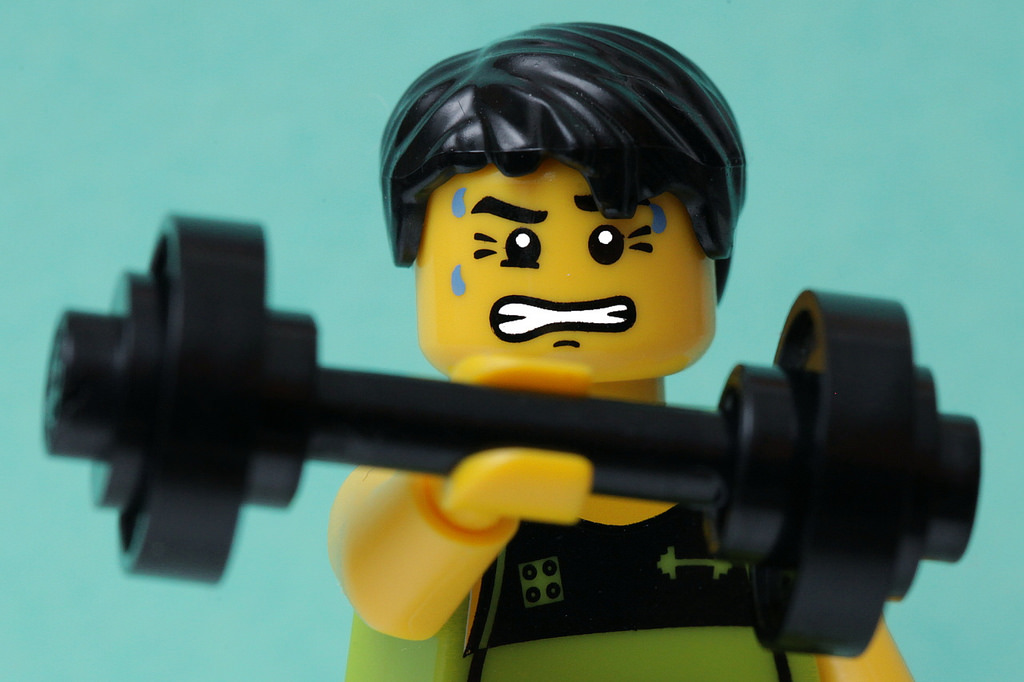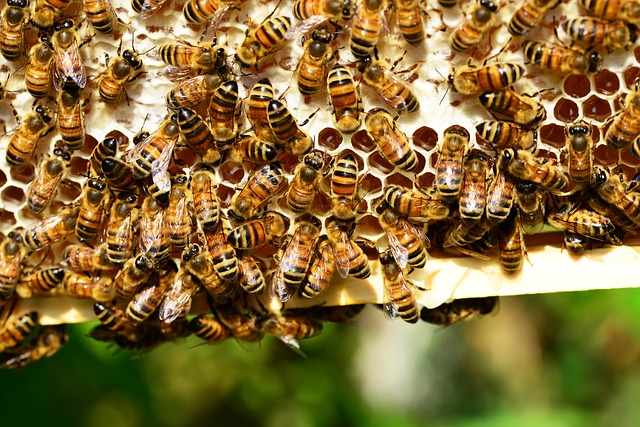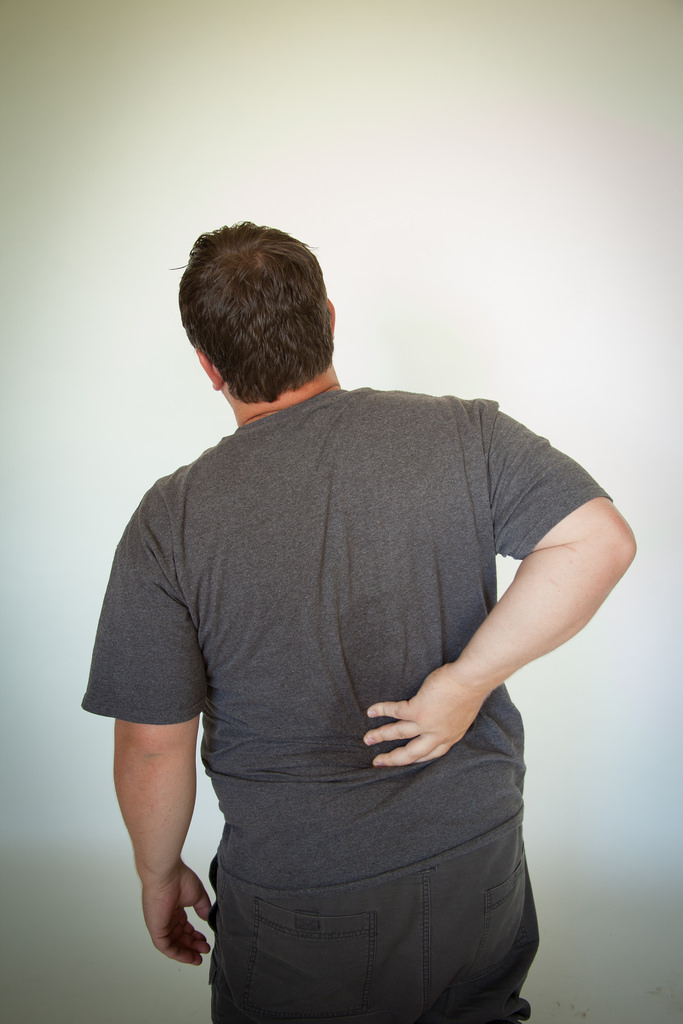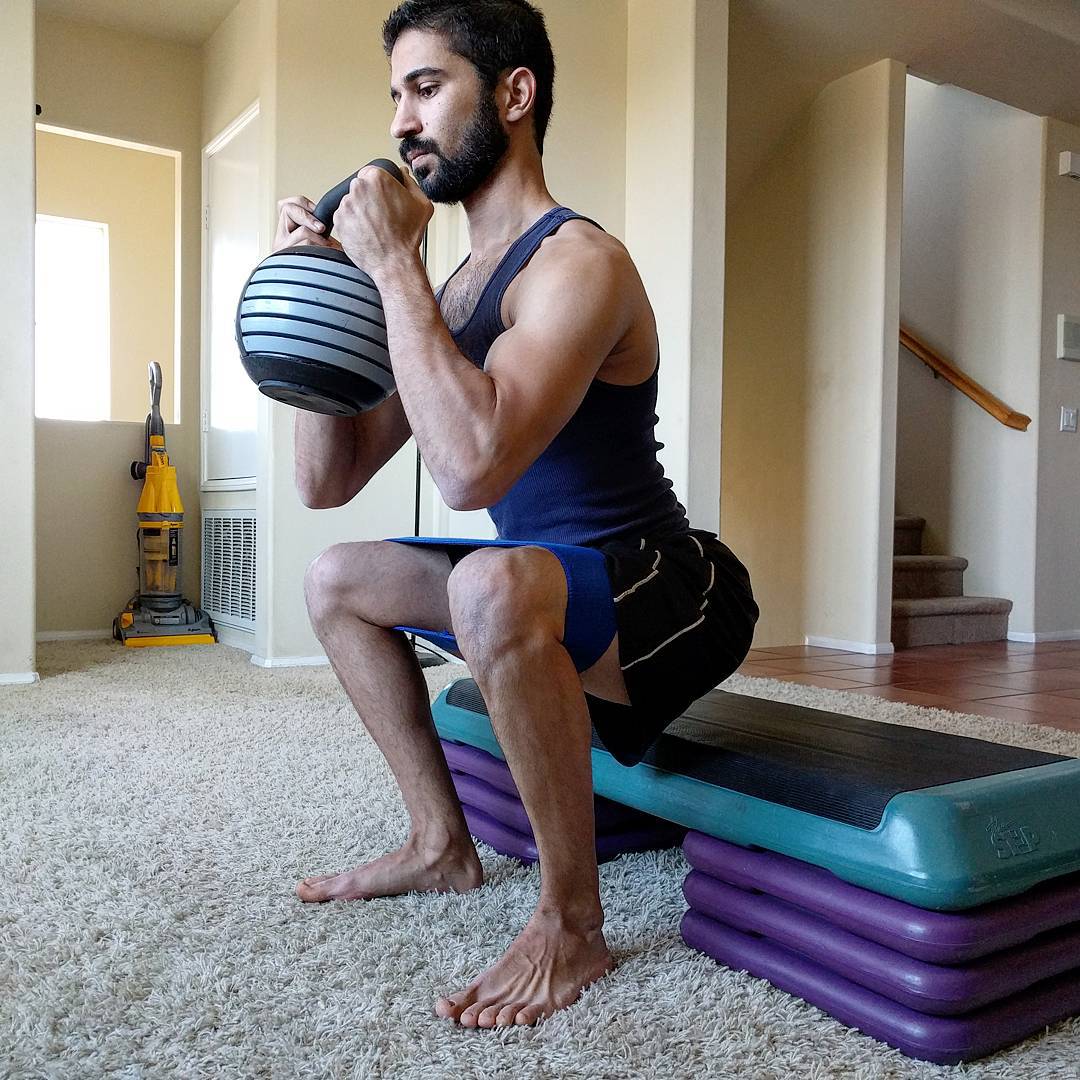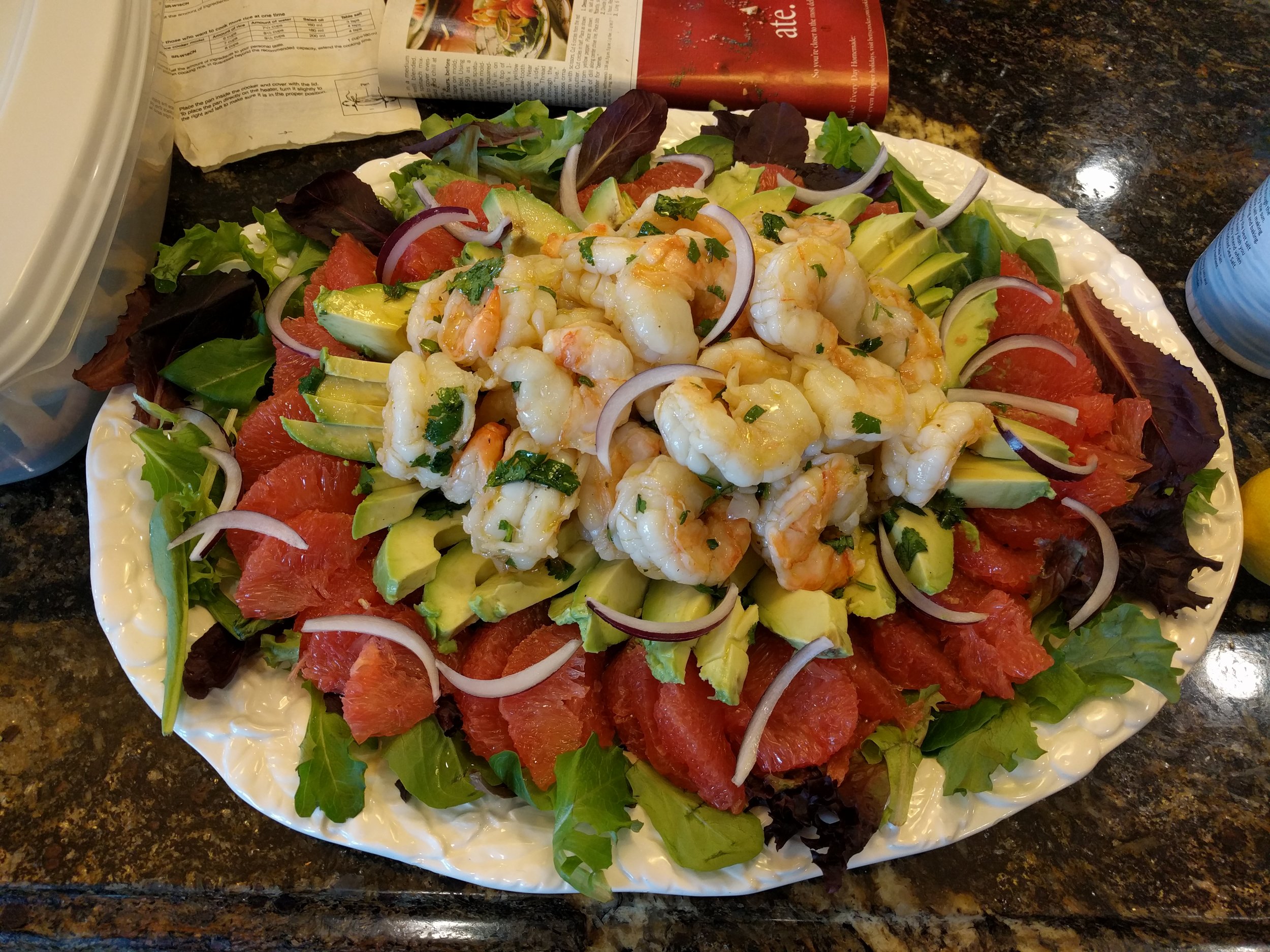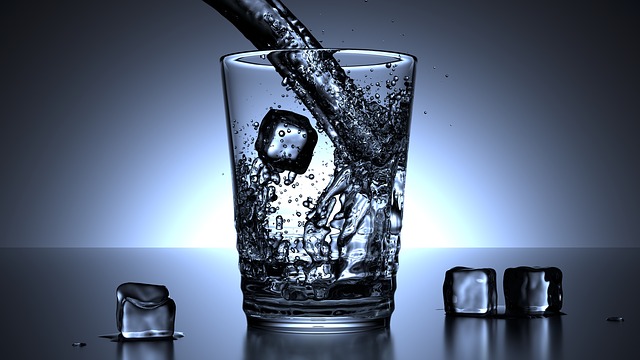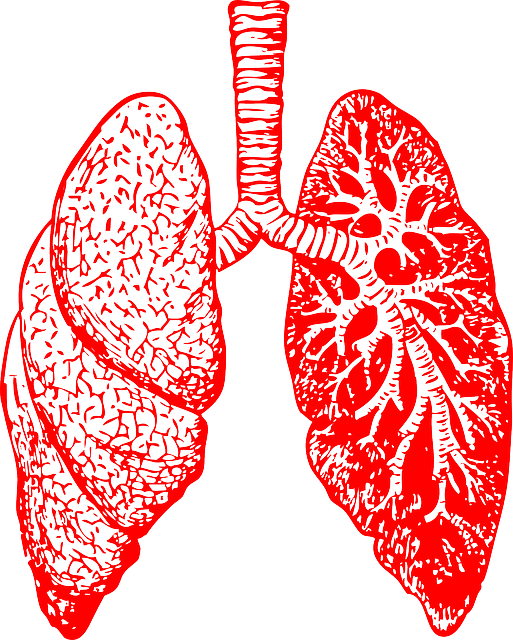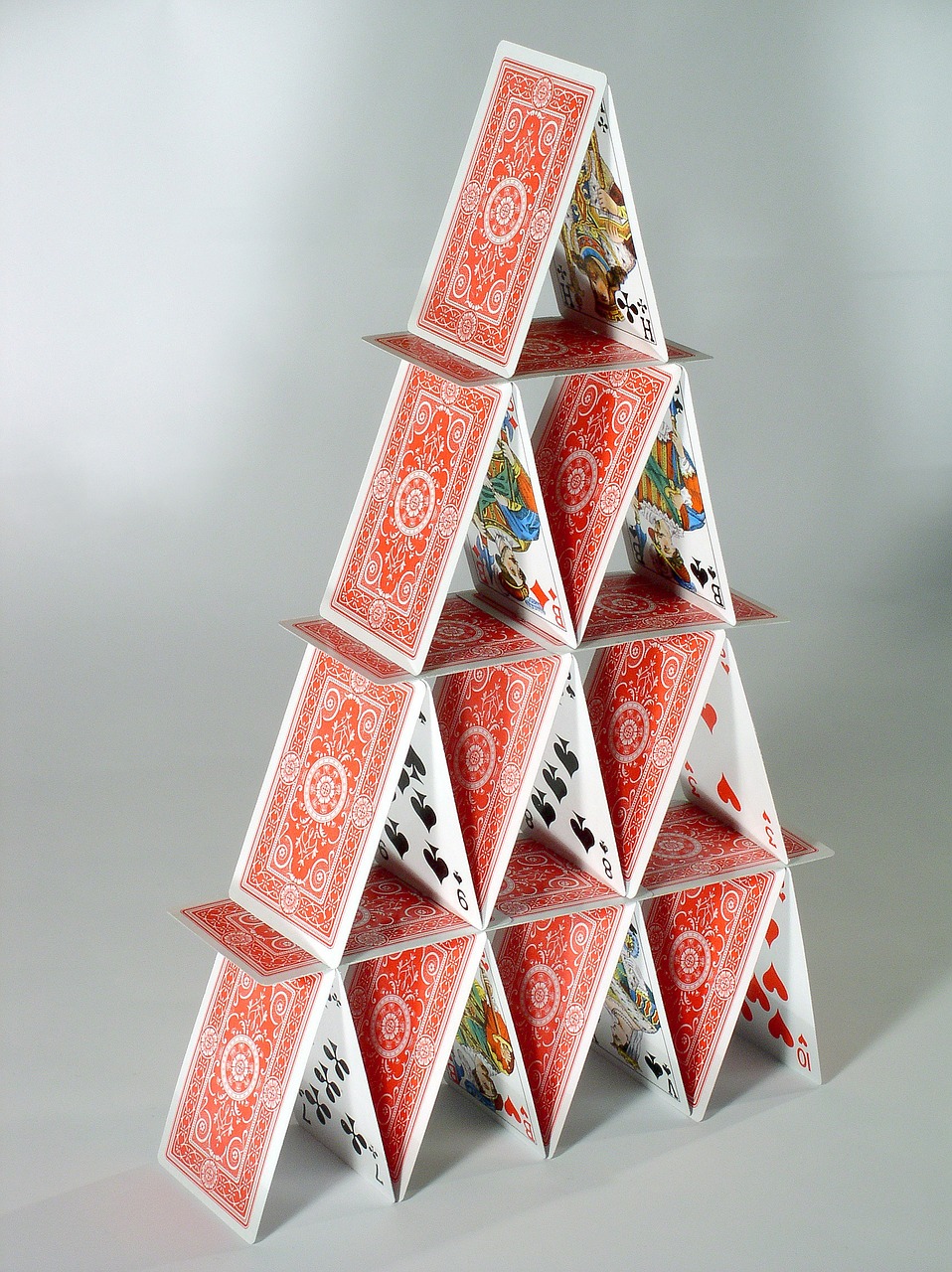Listen to the Bees for a safe Workout
/Ever wonder why they call it working out? After 6 years of being a personal trainer, the answer is pretty obvious: working out is not only work, but it’s hard! Our nervous system loves to optimize for the easiest and most efficient methods through life, and anytime a change comes, the system rebels. What does it sound like, you ask? Excuses, complaints, and sometimes the occasional adult tantrum. Heck, I even had one guy literally fall asleep mid session (no, not pass out. Just zzz). Our nervous system is more influential than we sometimes realize.
But, I know as the trainer, that it’s my job to get people through their nervous system rebellion. And I’m almost ashamed to admit that after years of trying to be suave about it, I’ve adopted some of the easier clichéd trainerisms: “You can do this,” “Only two more!” “Come on, client,” and my personal favorite, “PUUUUUUUSSSSSSSSHHHHHHH!!!”
But the main question I have today is this: at what point do you stop pushing? Is losing weight as easy as “no pain no gain, bro.” Or at some point in time do you have to recognize that the bees don’t care how hard you push through the pain?
Bees? Wait, what Omid? Story Time!
I have the pleasure of working with some fairly extreme cases: knee and hip replacements, post surgery rehabilitation, scoliosis and vertigo, multiple sclerosis, parkinsons, etc. Remember when I mentioned excuses? Well, these clients really do have some pretty big issues to ‘just push through.’ Not only that, but they have a unique perspective on hard work that humbles me on a daily basis.
Still, the nervous system doesn’t change much from person to person. Excuses are universal, and the condition doesn’t spare us from the hard work.
So one day, a client with a particularly well versed excuse vocabulary is going through a difficult workout, and asks me, “Do you hear that?” (Questions and stories are one way the nervous system tries to delay the inevitable next set.) “There’s a buzzing coming from my fireplace,” the client says. I try to dismiss the excuse by explaining that a neighbor is using a weed whacker outside, and the sound is reverberating through the chimney.
“Yeah?” I ask. “It’s probably your neighbor building some more on their house down the street. Rest time is over, next set.”
“It sounds like there are bees in my fireplace,” says the client, gasping for a recovery breath after some particularly hard work. I fight the urge to roll my eyes at their obvious ploy to distract from the task at hand. Until a bee flies out between the glass dividers, two feet from my clients head.
Ok excuses, you win this time. The client cried bees, and the workout was over.
The rest of the story makes for great dinner conversation, but since it happened, I’ve been thinking about the bees of working out. When do excuses turn into the nervous system crying for help? More importantly, if we use the mind over matter principal, are we risking turning off our warning systems that are there to keep us safe, and setting ourselves up for injury or worse?
To answer help answer that question. here are some simple tips for figuring out the difference between an excuse and a bee:
- Pain. Pain is always a no-no. Pain is always the body’s way of telling us that there is a problem in the system. Sharp, stabbing, or shooting pain is something to best listen to, and either adjust – whether lowing the weight, taking a longer rest, or decreasing range of motion – or stopping all together. Slow and steady wins the race.
- Shortness of breath. I don’t mean breathing hard. Working in a depleted state is critical to burning fat, and the main reason people hire someone like me; to push them hard enough to get results. But if at any point it feels like the next breath won’t happen, or oxygen is not entering the blood stream, slow way down or stop and rest. I can tell you after 6 years of being a personal trainer, the next rep in this state leads to passing out.
- Sudden changes in temperature. Obviously when we work out, our core temperature rises. But any variation over a few degrees, whether up or down (especially down) is a sign to either slow down or stop. To water the science down, it is the body’s failure to respond appropriately to the stimulus or situation presented to it. Sweat is good, but a fever is not!
- Blurry vision. The nervous system is programmed to prioritize the eyes over many other systems. If you ever feel tunnel vision, or blurry vision, stop immediately. It’s a sign that the electrolytes are imbalanced, and the body is prioritizing energy to the heart, and not the eyes and brain.
- Cracking. I’m surprised I have to explain this as often as I do, but clicking and cracking is not normal. Muscles are mostly water, and when you hear cracking, it doesn’t mean the joint is getting lubricated. It means the muscles are failing somewhere in the system, and bones are hitting each other. When you hear it, listen to the bees, and change something. Vary the weight, the range of motion, the exercise, or (more often than not) the joint is not mobilized properly.
I could go on, but those 5 cover most of the common bees that we hear in the gym. Remember, our body is vastly complex, and the one thing that ties it all together is the nervous system. While we only have feeling in about 20% of those nerves, the body tends to communicate to us through a breadth of signals that we can learn to listen to. Mind over matter can help us get through a workout, yes. But it can also set us up for some pretty serious things later in life.
Listen to the nervous system, listen to the bees, and you'll be happy and healthy for years to come!
